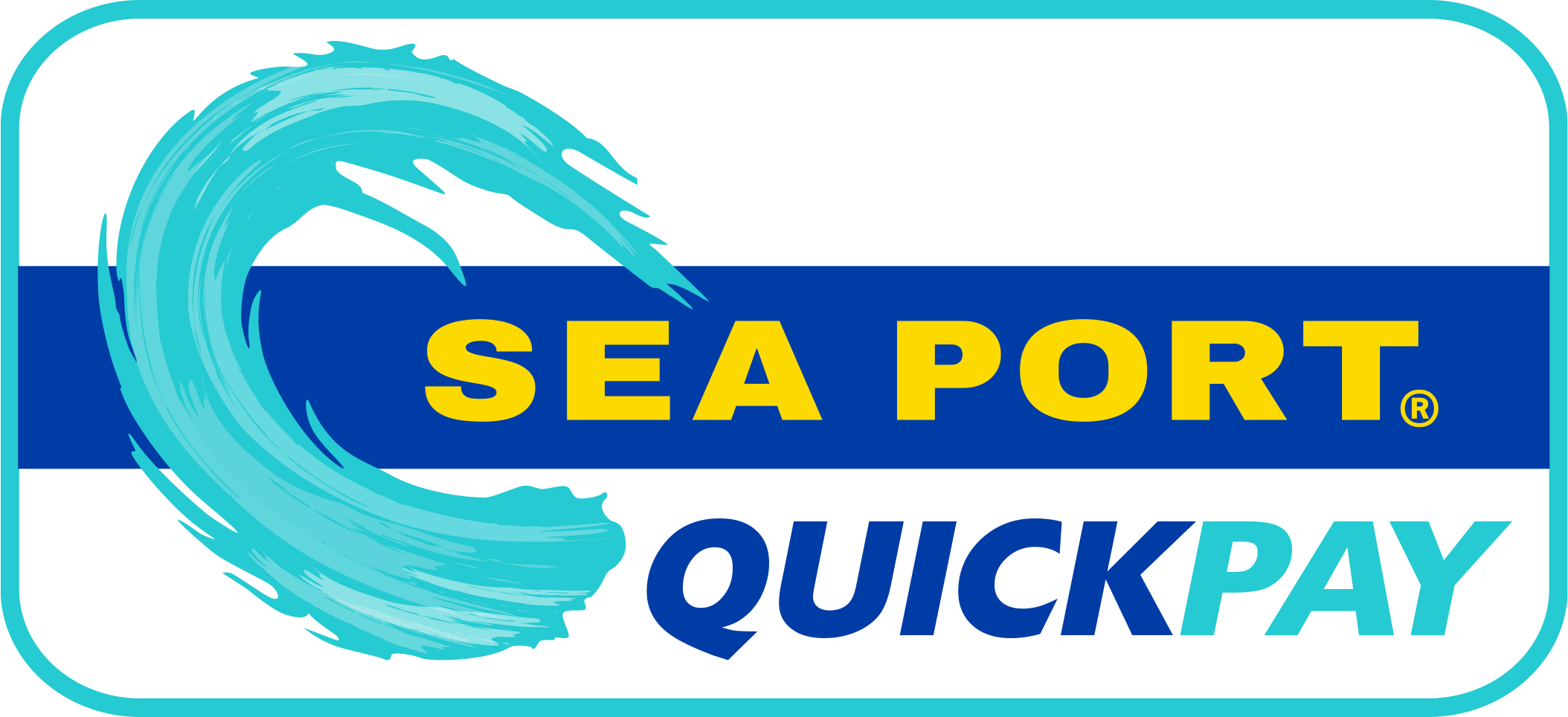Transparency in Supply Chains Act Disclosure
Transparency in Supply Chains Act Disclosure

Effective January 1, 2012, the California Transparency in Supply Chains Act of 2010 requires retailers and manufacturers doing business in California to disclose efforts to eradicate slavery and human trafficking from its direct supply chain. The following is Sea Port's required disclosure under this Act:
Risk Assessments
Sea Port Products Corporation performs preliminary risk assessments of all its suppliers for both farmed and wild caught seafood to determine the level of risk associated with slavery, human trafficking, child labor, and other unfair labor practices in their supply chains. In addition, Sea Port requires all suppliers to sign our SUPPLIER ACKNOWLEDGEMENT OF ADHERENCE TO SEA PORT'S FAIR LABOR PRACTICES CORPORATE POLICY. To further combat potential lack of transparency in the seafood labor supply chain, Sea Port requires all our suppliers to sign our TRACEABILITY DECLARATION FOR WILD CAUGHT AND FARM RAISED SEAFOOD.
Auditing
Sea Port performs ongoing internal audits of all our suppliers that include both food safety and all the elements of social responsibility.
Certification Requirements
Sea Port supports certification bodies within the seafood industry that are working diligently to incorporate antislavery and fair labor standards for both wild caught and farmed seafood. This will further drive our global seafood supply chains toward becoming more transparent and free from labor abuses.
Internal Accountability
Sea Port is committed to the highest level of ethical conduct in the seafood industry that drives the responsible stewardship of our environment and the expansion of social equity in the global seafood supply chain. All of Sea Port’s employees and suppliers must adhere to our fair labor practices corporate policy that requires compliance with all labor laws, including laws addressing slavery and human trafficking both at home and abroad. Non-adherence to our policy by our employees may result in disciplinary action or termination. Violations by our suppliers will result in dismissal unless corrective action is immediately implemented.
Employee Training
Sea Port's ongoing employee education and training programs help ensure that everyone at Sea Port is aware of our responsible supply chain management principles regarding slavery, human trafficking, child labor, and other unfair labor practices. This awareness will work to quickly identify and initiate corrective actions as mandated by SEA PORT'S FAIR LABOR PRACTICES CORPORATE POLICY.

